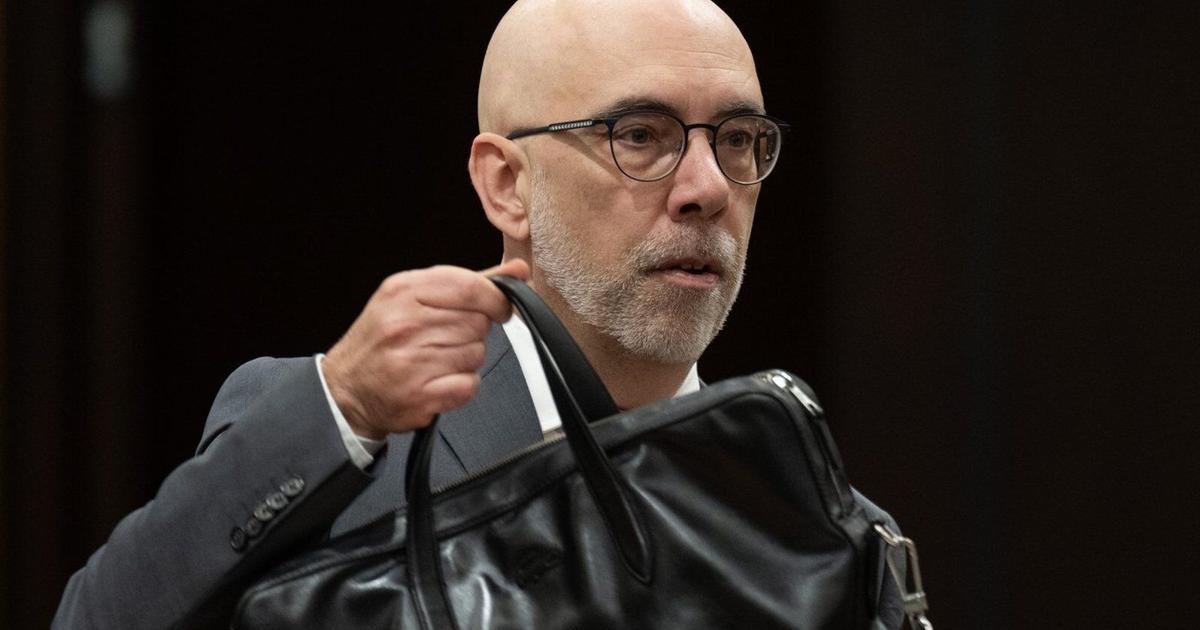Retail workers are the sociologists in modern civilization.
Once they pin on a badge, they are catapulted into the wide spectrum of human behaviour. German sociologist Max Weber may have changed some of his theories after taking orders at Starbucks on a busy Monday morning.
Why is that man so particular about his soy ratio? Why is that agitated woman insisting her name is “Eff You”? Why do my fingers smell of java and despair?
But you know retail is tough when workers are asked to strap on body cams.
According to stories this week, Loblaws is embracing the tech usually reserved for cops or women on a first date with Elon Musk. A pilot project, first rolled out in Calgary, has expanded to Sudbury and Victoria. If future stats prove body cams can deter theft and violence, it won’t be long until every transaction at every Loblaws, Shoppers Drug Mart, No Frills and all other corporate subsidiaries is livestreamed. Joe Fresh? More like Allen Funt.
Theft is on the rise. Earlier this year, the Globe and Mail, citing data from the Retail Council of Canada, reported retailers in this country lost more than $9 billion in 2024, nearly double from 2018. About 45 per cent of these heists involved “violence against staff or customers.”
When I worked in retail in high school, I never worried about getting shivved. But I did dread the rare customer who presented with the pre-existing condition of extreme frustration with life. This woman once screamed at me — she lost her mind in Dolby THX — because I was unable to refund an electric typewriter. Why? We didn’t sell electronic typewriters.
Lady, you can’t return throw pillows at Harvey’s.
Could a body cam have de-escalated that situation? I doubt it. She would have ripped that camera off my chest and used it to shatter my Buddy Holly specs. I’m all for loss prevention. Consumer prices rise in part because other shoppers are now routinely helping themselves to five-finger discounts.
But here’s the problem: they are doing so in the presence of existing surveillance cameras on the ceiling, in the corners, on shelves, at the exits and even inside the self-checkout kiosks.
Shoplifting has existed since mercantile shops opened. What’s going on today is different than when I worked in retail. Back then, if a suspected shoplifter was detected, we had beefy agents skulking the sales floor in street clothes. If those agents worried about a dangerous conflict, a “99E” call would cut into the music system. It was thrilling for this skinny nerd to stop folding sweaters and dash off to housewares to provide backup for a 99E was in progress.
I felt like I was in “Miami Vice.”
But if I worked in retail today, I would ignore those 99E siren calls. There is strength in numbers. Do retail clerks need body cams? Or does the world need more retail clerks?
Shoplifters are not the hapless fools of yesteryear. The crooks are now more organized than Canada Post. They move in groups like pack hunters. Some gangs rush into a store as if they are in a Broadway production. They smile for the candid cameras. They laugh at the elderly guard nervously reaching for his baton. They are brazen and defiant and a million body cams will not stop them from stealing those sneakers or flat-screen TVs.
Eventually, all public-facing jobs will include body cams. Nurses in the ER will record any unruly patient who ingested bath salts and now believes Satan wants him to murder a proctologist. Teachers will wear body cams when meeting with demanding parents. Your dry cleaner will have video proof you never mentioned that stain on the back of that tie.
Retail is a fellowship, a camaraderie, a club you spiritually join for life.
When I see someone verbally abusing a clerk, I tell that person to calm the hell down. Then that person tells me to do something anatomically impossible and I’m forced to let the situation play out.
But if violence is a pressing concern, why just go with body cams? Give your staffers Tasers and martial arts training. Or what if — here’s a crazy idea — you hired more people? More eyes, less crime.
This self-checkout experiment was supposed to maximize profits by slashing labour costs. I don’t think it’s working. Then the plan was to reduce theft by putting the most pilfered sundry behind locked glass, as if disposable razor blades or Grey Goose are invaluable artifacts at the Louvre.
What is the point of retail body cams if you only have two staffers to wear them per shift? Samantha is livestreaming her coffee break as ruffians are making off with sirloin and extra virgin olive oil?
Samantha doesn’t need a camera — she needs more Samanthas.



